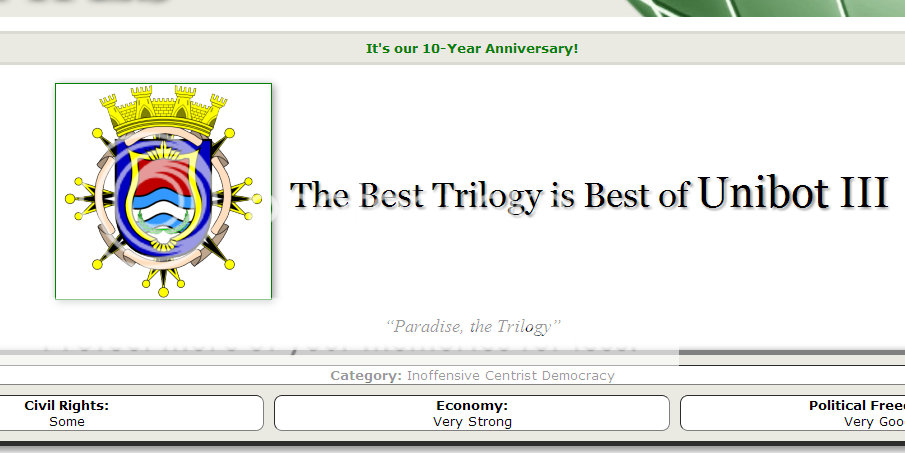A
recent court ruling regarding a FOI request related to this supposedly official
release of information ruled that the information was not, in fact, released by the government at all, but by an unnamed association of TNP members whom are outside the government entirely.
It is therefore obvious that Delegate Eluvatar was not acting in an official government capacity when that information was released, thus violating several laws:
TNP LAW 22:
Section 2: Espionage
A - "Espionage" is defined as the use of a Nation or Persona within The North Pacific for the purpose of gathering information for a group or region not officially sanctioned by the lawful government of The North Pacific as governed by the Constitution and the Bill of Rights.
B - The information gathered must be of a nature that a person that has not registered on the official forums or has not attained Regional Assembly status would be unable to access it without circumventing real-life legal means.
C - Exceptions may be given to members of the military and intelligence services of The North Pacific, with the consent of the Delegate and the appointee of the Delegate who commands the military or intelligence services of The North Pacific. This exception is only valid when on officially sanctioned missions for the purposes of perserving Regional security and the Constitution and the Bill of Rights.
By the Court's most recent ruling, Eluvatar used his position of Security Council member and Delegate to obtain information that he otherwise would not have been able to obtain. He did so, according to the court, to fulfill the goals of a group outside the government entirely if this was not true, the FOI request would have been granted. In fact, by Eluvatar's
own claim the information obtained was given to a group outside government control, as a matter of fact he used it as a justification for not fulfilling a FOI request and this claim was later verified by the Court itself.
It is quite clear that evidence exists to suggest that Delegate Eluvatar used his official position to obtain information that otherwise would not be accessible, as shown in a logged conversation between myself and Justice Hileville, whom allowed me to re-post this with permission.
<Hileville>: Elu got the log more or less because of being in TSP's cabinet and his position in TNP at the time.
<Blue_Wolf>: What was his position in the TNP at the time?
<Hileville>: SC.
The original posting may be found
here.
The Court's most recent ruling suggest that this information was gathered on the behalf not of TNP government but for some as of yet unnamed group within TNP, acting outside government constraints and sanction. This leads to the next charge to be filed
Section 4: Election Fraud
A - "Election fraud" is defined as the willful deception of voters or residents of The North Pacific with regards to the candidates running, the time and venue of the elections, or the requirements and methods by which one may be eligible to vote or run for office.
B - "Impersonation" is defined as behavior that fraudulently assumes or acts the character of an extant or former nation or otherwise fraudulently pretends to represent any part or whole of The North Pacific and its government.
If the any of the above is true, Eluvatar is also guilty of Impersonation, specifically when he pretended to represent TNP's government in order to obtain information for a non-official, non-governmental group existing within TNP.



